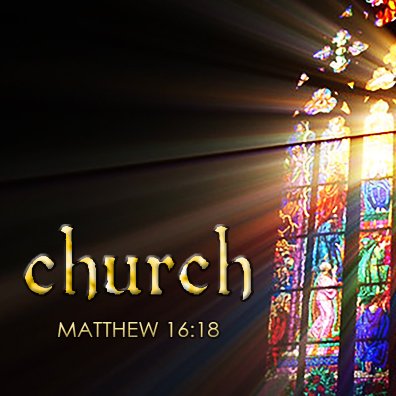The Eternal Dance
Trinity Sunday
Sunday, June 12, 2022
John 16:12-16
“I still have many things to tell you, but you can’t handle them now. But when the Friend comes, the Spirit of the Truth, he will take you by the hand and guide you into all the truth there is. He won’t draw attention to himself, but will make sense out of what is about to happen and, indeed, out of all that I have done and said.”
John 16:12-13 (The Message)
Listen to this week’s sermon here:
____________________
Why does the Trinity matter? Who cares if God is three or one or one-hundred? Why have we spent thousands of years of church history struggling to figure this out. God is God! Isn't that enough?
We cannot understand the Three-One God rationally, but the Trinity shows us that for all eternity, God is a relational being and exists forever in a state of perfect love and harmony among Father, Son, and Spirit. When John writes that "God is love," he is not speaking in the abstract. God truly exists in a relationship of perfect love.
Here are just a few implications:
Creation: Humanity was created because love naturally seeks to reproduce itself, to love more persons and also to be loved by them. This is a core reason why human parents desire to have children, despite the physical and emotional pain they know will result.
Relationships: It explains why humans desire relationship and why as God says, "It is not good for man to be alone" (Genesis 2:18). If we are made in the Divine Image, than our need for relationship is part of the image of God.
Sin & Evil: It explains the existence of sin and evil. God did not arbitrarily choose to give us free will so that we would rebel and unleash thousands upon thousands of years of destruction upon his creation. Rather, because God is love and created us in the Divine image to be in a loving relationship with Father, Son and Spirit and with one another, God could not have created us without the freedom to choose. Love is not truly love if it is forced. If you knew your spouse or your parents or your children could not possibly choose to reject you, would you really believe their love was real? Their love for you is defined by the fact that they choose to love you, and your love for them is also love freely given.
Salvation: It explains the nature of salvation, because Jesus said that we should abide in him or be one with him as he is one with the Father (John 14:9-12, 15:1-11 ;17:21-22). God's entire purpose in redemption is to restore us to the perfect harmonious relationship we shared with Father, Son and Spirit in the Garden of Eden.
The Trinity is not a math problem to solve. The Three-One God is a dance to be danced, a song to be heard and sung and played, a masterpiece of beauty to be enjoyed, a life to be lived and a love to be loved.
We may not ever fully understand it, but the Three-One God is inviting each of us to join the Eternal Dance. Will you accept God’s invitation?



